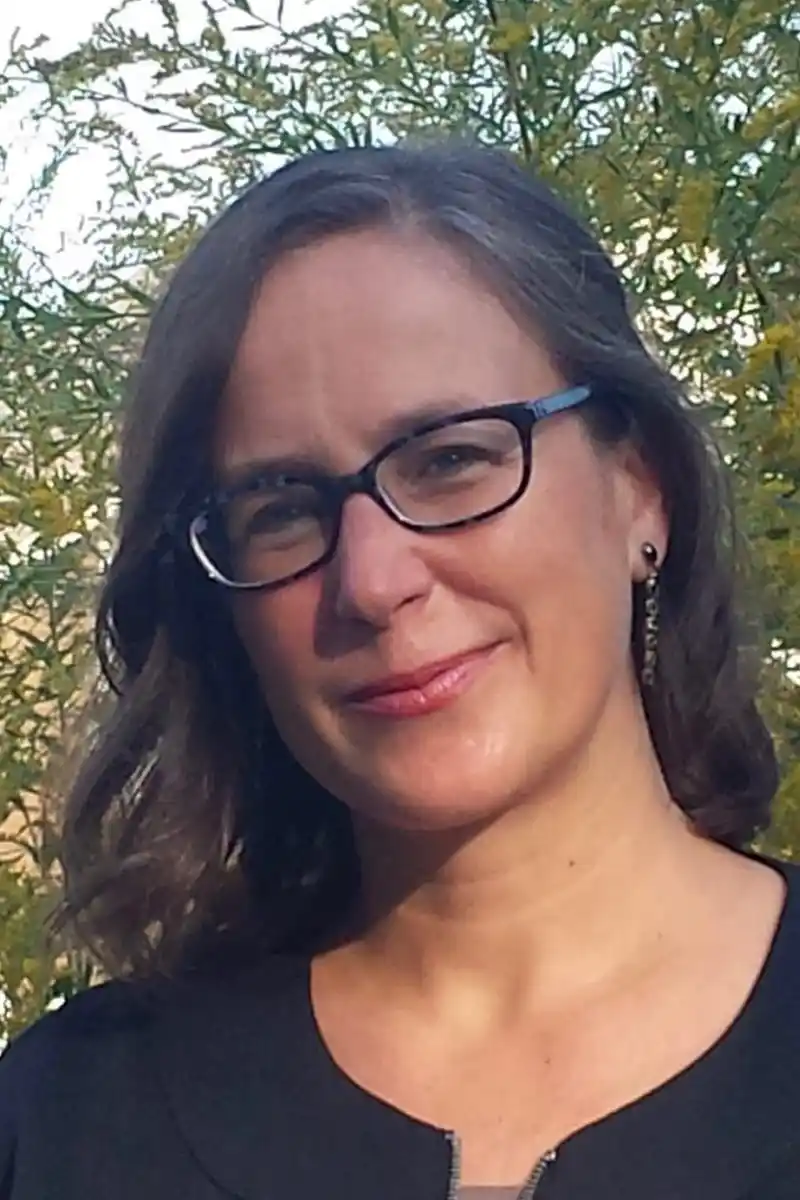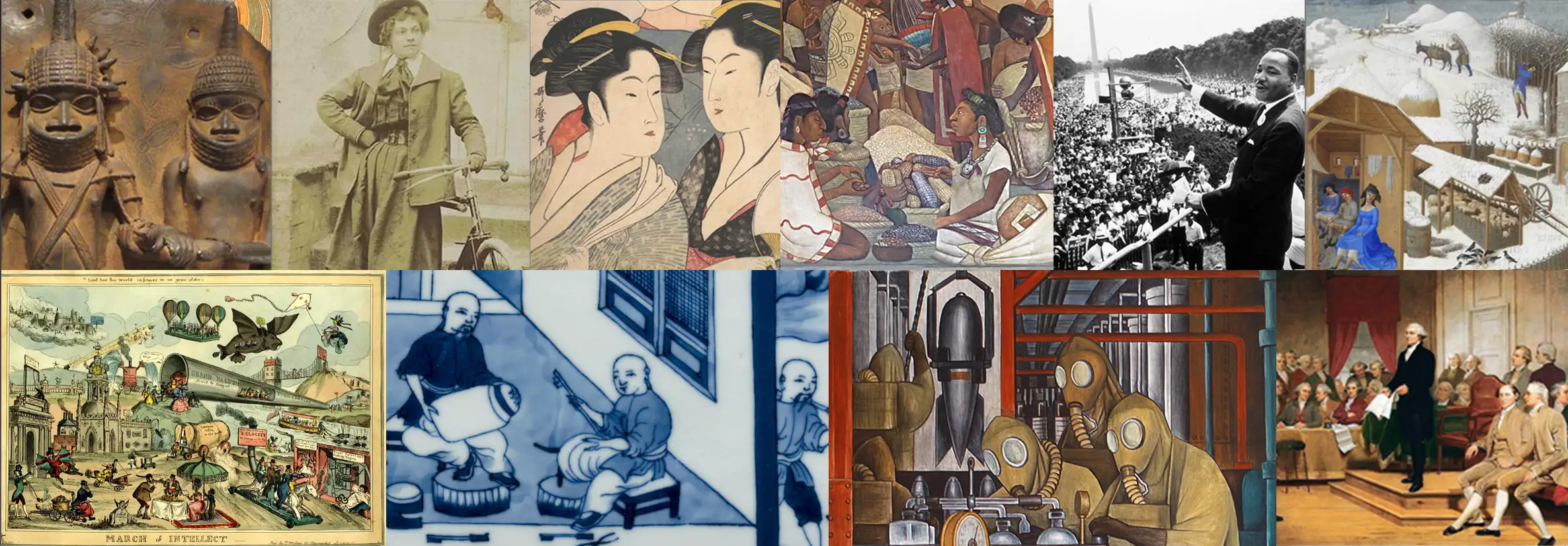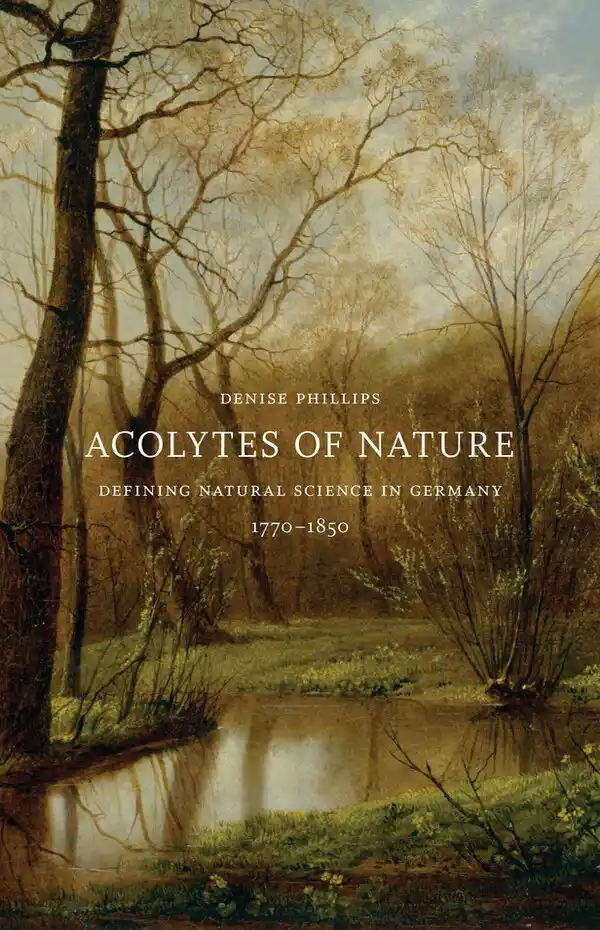Phillips, Denise

Specialties:
Eighteenth- and Nineteenth-Century Germany, Modern European, Intellectual and cultural History, History of Science.
Phone
Books
Denise Phillips
Lindsay Young Associate Professor, Associate Head, Director of Undergraduate Studies | European History
Denise Phillips specializes in the history of eighteenth and nineteenth-century Europe and the history of science. She is currently writing a book about Jacob Guyer (also known as Kleinjogg), a famous eighteenth-century Swiss peasant. Her first book, Acolytes of Nature: Science and Public Culture in Germany, was a joint epistemic and social history of how the term “science” came to take on its modern meaning between 1770 and 1850.
Her work has been supported by the Fulbright Commission, the German Academic Exchange Service, the National Science Foundation and the Fritz Thyssen Foundation.
Selected Publications:
- “Roundtable: Integrating Environment and Empire in German History,” with Carolyn Taratko, Eric Grimmer-Solem, Steven McClellan and Philipp Lehmann. German Studies Review 48, no. 1 (2025): 143-151.
- “Socrates on the Farm: Agricultural Improvement and Rural Knowledge in Eighteenth-Century Germany and Switzerland,” Berichte zur Wissenschaftsgeschichte, 44, no. 2 (2021): 159-79.
- “Round Table: Agricultural History and History of Science.” With Jeremy Vetter, Deborah Fitzgerald, Lisa Onaga, and Emily Pawley. Agricultural History, 92, no. 4 (2018): 569-604.
- “Experiment in the Agricultural Enlightenment: Place, Profit and Norms of Knowledge-Making,” Notes and Records of the Royal Society, 72 (2018): 159-72.
- “Trading Epistemological Insults: ‘Positive Knowledge’ and Natural Science in Germany, 1800-1850.” In The Worlds of Positivism: A Global Intellectual History, 1770-1930,edited by Johannes Feichtinger, Franz L. Fillafer and Jan Surman, 137-54. New York: Palgrave Macmillan, 2018.
- “Academies and Societies.” Blackwell Companion for the History of Science, edited by Bernard Lightman, 224-37. London: Wiley-Blackwell, 2016.
- “Bacon among the Germans: Stories from when ‘Science’ meant ‘Wissenschaft’.” History of Science 53, no. 4 (2015): 378-94.
- Denise Phillips and Sharon Kingsland, eds. New Perspectives on the History of Life Sciences and Agriculture. Berlin: Springer, 2015.
- Acolytes of Nature: Defining Natural Science in Germany, 1770-1850. Chicago: University of Chicago Press, 2012.
Education
Ph.D. Harvard University, 2004
B.A. Duke University, 1996

